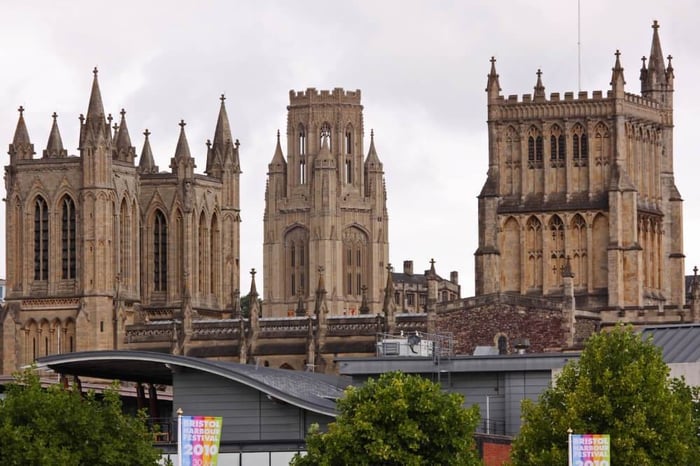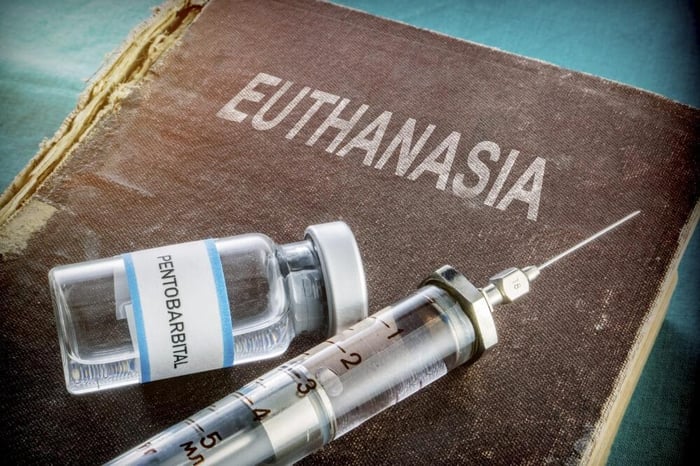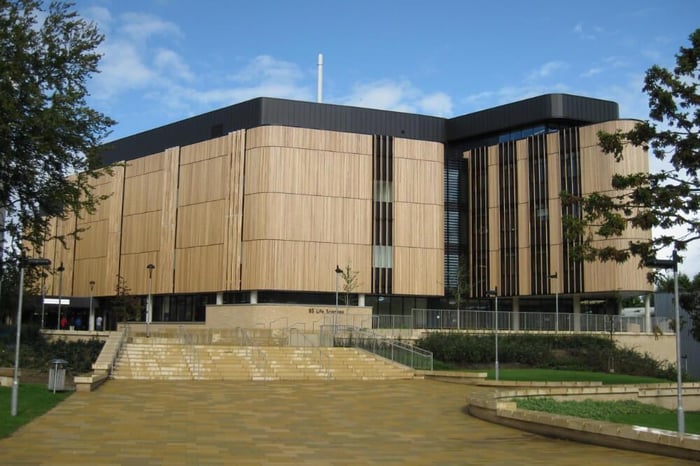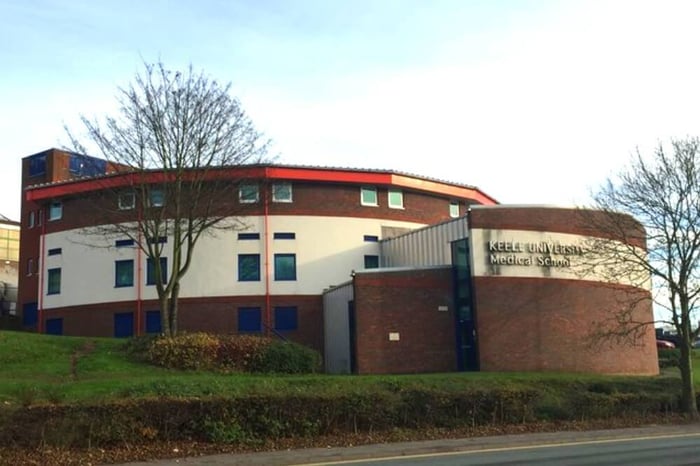
Bristol Medicine Interview Guide
Bristol medical school is a leading UK institution, which places great value on multi-disciplinary work, dedicated to the education of leading world-class clinicians and scientists. If you are interested in applying to Bristol medical school and would like more information on the structure of the course, as well as their expectations of you at the interview, continue reading below.

1. About your Bristol Medical School interview
The medicine interview at Bristol is in the multiple mini interviews or MMI format. There are 7 MMI stations that each take 6 minutes and the entire interview will take about 60 minutes to complete. Applicants need to be available from December to April, immediately following submission of their application.
While there is no further information being given out on the official medical school website regarding the types of questions that you should be ready for, you can have a look at our Multiple Mini Interview (MMI) circuit, which can help prepare you to tackle any MMI-style interview.

2. About the course
Teaching style
The curriculum at Bristol medical school spans across five years. In year 1, you will be exploring the concepts of health and wellbeing from multiple perspectives in the form of systems-based teaching blocks. In year 2, you start to explore disease processes and are able to come up with differential diagnoses for common symptoms, while being taught in the format of case-based learning. In later years, you start working in a hospital and primary care, where you meet patients and learn how to manage common conditions. Finally, in year 5, you start preparing for your Foundation programme by working alongside a clinical team and learning how to make decisions and provide effective care.
Clinical work
Bristol medical school offers early clinical experience to its students, which includes experience in hospital, community and primary care settings. In year 3, you begin the “academy-based teaching” phase of your training, in which you will be placed in community and in hospital, focusing on adult general medicine and surgery, learning about both acute and chronic conditions, facilitated through case scenarios. You will continue your clinical experience in later years during specialist blocks and self-selected components.
Anatomy teaching
The anatomy teaching at Bristol medical school is in the form of cadaveric prosection. If you’re interested in other medical schools and the type of anatomy teaching they offer, be sure to check out our blog post Teaching anatomy - which medical schools do full body dissection.

3. theMSAG tips to prepare for this style of interview
Know your personal statement inside out
Interviews sometimes can be quite heavily personal statement-based and in previous years that has also been the case with Bristol medicine interviews. In any case, you always want to be on the safe side and make sure you know everything written in there to a T. Did you carry out some research that you mentioned in your personal statement? Make sure you know exactly what the project was about, what your role and tasks in it were, what results you got and what the team is planning to do with it moving forward. Some background reading on the subject and what else has been done by other teams could be very helpful, too.
Or perhaps you mentioned that you are on the football team or volunteered the last year at a local care home. Back those stories with details and be able to discuss the exact skills and qualities that those activities developed in you and how they have contributed to your development as a prospective medical student but also an individual today. While the answer you give to these questions is important, it is also crucial that the interviewers can see your thought process and that you have considered the implications of all the things listed on your personal statement and are able to talk through each one of them consciously.
Be open about your personal learning preferences
One thing that makes Bristol medical school a unique experience for any prospective medical student is the fact that it offers exciting opportunities for student-led choice programmes, a final year elective abroad, as well as a completion of a research project of your own interest. While it is very likely and completely normal that at this stage you might not have a concrete idea of the speciality you want to pursue or the type of research you want to conduct, perhaps there’s a speciality you’re curious about and would like to explore further. Or maybe you read about new research going on in a field that intrigued you and you might be interested in getting involved and contributing to it in the future.
Is there a place you’ve always wanted to go and spend time working in? You don’t have to have concrete answers to these questions but having thought about them prior to your interview and discussing them with your interviewers would be a good opportunity for you to not only show that you are a mature and independent candidate who is capable of taking control of their own learning, but also that you have a good understanding of the medical school’s curriculum and what makes the programme unique.
Show understanding of the integrative nature of the course
As a student at Bristol medical school, you will go through your training working together with students from other courses, such as nursing, pharmacy and physiotherapy in an inter-professional environment. This is a unique learning opportunity to pick up while studying medicine, as throughout your career you will often be working in multi-disciplinary teams with various professionals and your ability to work cohesively with all of them will directly translate into the successful achievement of your tasks.
It is important that you understand the importance of this type of cooperation and teamwork, as well as everyone’s role within the team and you, are comfortable discussing it if it were to come up at your interview. Think back and reflect on the work experience you may have done in preparation for your interview - did you have to communicate with various healthcare staff members? Were tasks distributed fairly, was communication running smoothly and how did all of this translate into the effective provision of care to the patient? Having this understanding early on can be extremely helpful for your lifelong career in medicine, so it is worth spending some time having a think over it.
4. Interview advice from a Bristol medical student
"Well, when I applied, getting an interview was heavily personal statements based, and from my experience of getting an early interview, they like to see a lot of volunteering (not just shadowing in hospitals) and explain how what you've done will make you a good doctor. Also, make sure to include all the extracurricular achievements, as they like to see you're well-rounded. Also, include if you've done any research or submitted work at conferences etc. Also mention medicine being an art as well as science, as that's something Bristol is big on."
We hope you found this information useful when preparing for your Bristol Medical School interview. Don’t hesitate to ask us any questions at [email protected]. Good luck at your interview!



